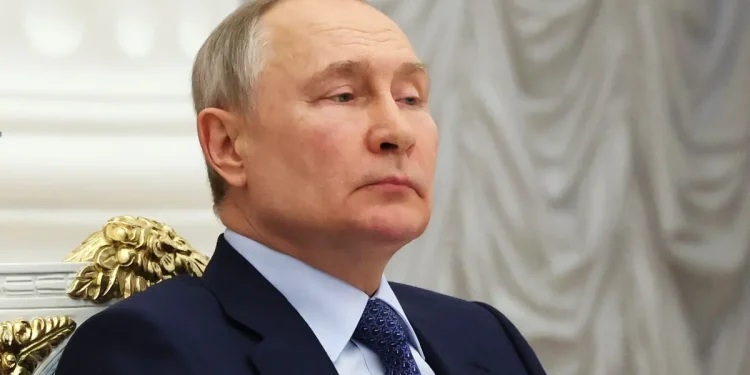During his annual marathon press conference, Russian President Vladimir Putin addressed the fall of Bashar al-Assad’s government in Syria for the first time, revealing plans to meet with Assad, who is currently in exile in Moscow. Responding to a question from NBC News journalist Keir Simmons—who referenced a letter from Austin Tice’s mother seeking Putin’s assistance—the Russian leader promised to discuss the matter with Assad.
“I will definitely talk to him. I promise that I will definitely ask this question,” Putin said. “We also can pose the question to people who control the situation on the ground in Syria,” he added.
Austin Tice, a former U.S. Marine and freelance journalist, disappeared in Syria in August 2012 after being seen blindfolded and led away by a militia. For years, the U.S. government believed Tice was in Syrian government custody. However, since the collapse of Assad’s regime on Dec. 8, there has been no definitive news about Tice’s whereabouts.
According to NBC News, one inmate in a Syrian prison claimed to have been held in the cell across from Tice and reportedly saw him alive as recently as July 2022. President Joe Biden recently expressed hope, saying, “We think we can get him back, but we have no direct evidence of that yet.”
Assad’s fall has reignited hopes for Tice’s recovery, though no progress has been confirmed. Another American, Christian pilgrim Travis Timmerman, was recovered shortly after Assad’s regime collapsed following his earlier arrest.
Elsewhere in his press conference, Putin addressed Russia’s role in Syria, downplaying the impact of its recent setbacks in the region. Putin stated that Russia achieved its objectives during its 2015 intervention in support of Assad, claiming to have destroyed major “terrorist” groups. However, the sudden rebel resurgence in Syria last month exploited Russia’s distraction in Ukraine, hindering its ability to respond effectively. Reports suggest Moscow is now negotiating to retain military bases in western Syria despite the regime change.
Putin characterized the current rebel forces as moderate, noting a shift from their earlier affiliations. However, Hayat Tahrir al-Sham, the leading rebel group, remains tied to al-Qaeda, having evolved from the former Al-Nusra Front.
 Telegram is where we really talk. Don't miss out!
Telegram is where we really talk. Don't miss out!






